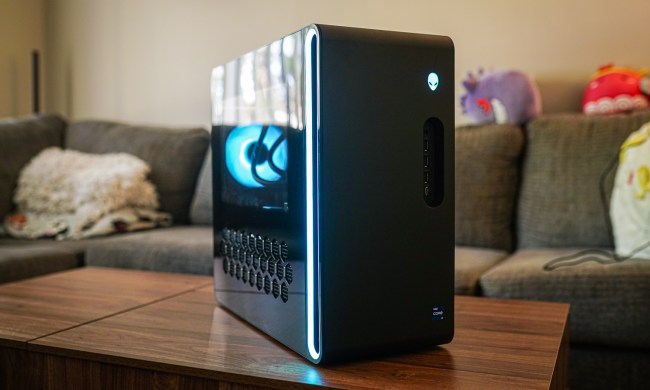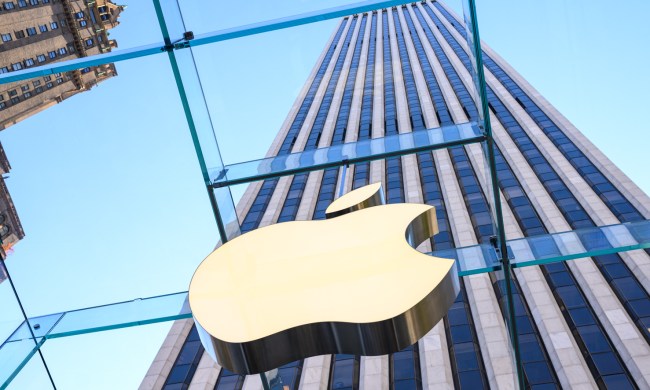 It’s no secret that things haven’t been great with Windows 8: between poor sales and a larger than expected learning curve, Microsoft’s latest OS isn’t shaping up to be the blockbuster the company hoped it would be. Here’s the question: would a lower price tag entice more people to give Windows 8 a chance? Intel CEO Paul Otellini says that the price of Windows 8 tablets and touch laptops could drop to as low as $200 thanks to Intel’s quad-core Bay Trail chip, which will debut on devices this holiday season.
It’s no secret that things haven’t been great with Windows 8: between poor sales and a larger than expected learning curve, Microsoft’s latest OS isn’t shaping up to be the blockbuster the company hoped it would be. Here’s the question: would a lower price tag entice more people to give Windows 8 a chance? Intel CEO Paul Otellini says that the price of Windows 8 tablets and touch laptops could drop to as low as $200 thanks to Intel’s quad-core Bay Trail chip, which will debut on devices this holiday season.
During Intel’s first quarter earnings call today, Intel CEO Paul Otellini said, “If you look at touch-enabled Intel-based notebooks that are ultrathin using [Bay Trail] processors. Those prices are going to be down to as low as $200.” That’s big news for people who are considering Windows 8 but don’t want to invest in an $800 (or more) system only to discover that it doesn’t meet their needs.
Bay Trail is a complete redesign of the Atom chip (prevalent in netbooks) that will close the power gap between Intel’s mainstream chips and the Atom line. In other words, the quad-core Bay Trail will be a more powerful processor, but it’s not likely that it will beat an Intel Core i5 chip in performance tests. However, Bay Trail will still be a force to be reckoned with. According to CNET, an Intel executive said that Bay Trail doubles the performance of its current tablet chips but will still have all-day battery life. Plus, the new design will allow for tablets and other devices using the the chip to be as thin as 0.3 inches.
Despite the increase in performance, the price tag on Windows 8 touch devices using the chip will fall as low as $200 – presumably for a tablet with a screen size on par with the 7-inch Nexus 7. Neither Intel nor Microsoft have mentioned specific screen sizes for Bay Trail-powered devices, but it’s reasonable to assume that the smaller devices will have smaller price tags.


